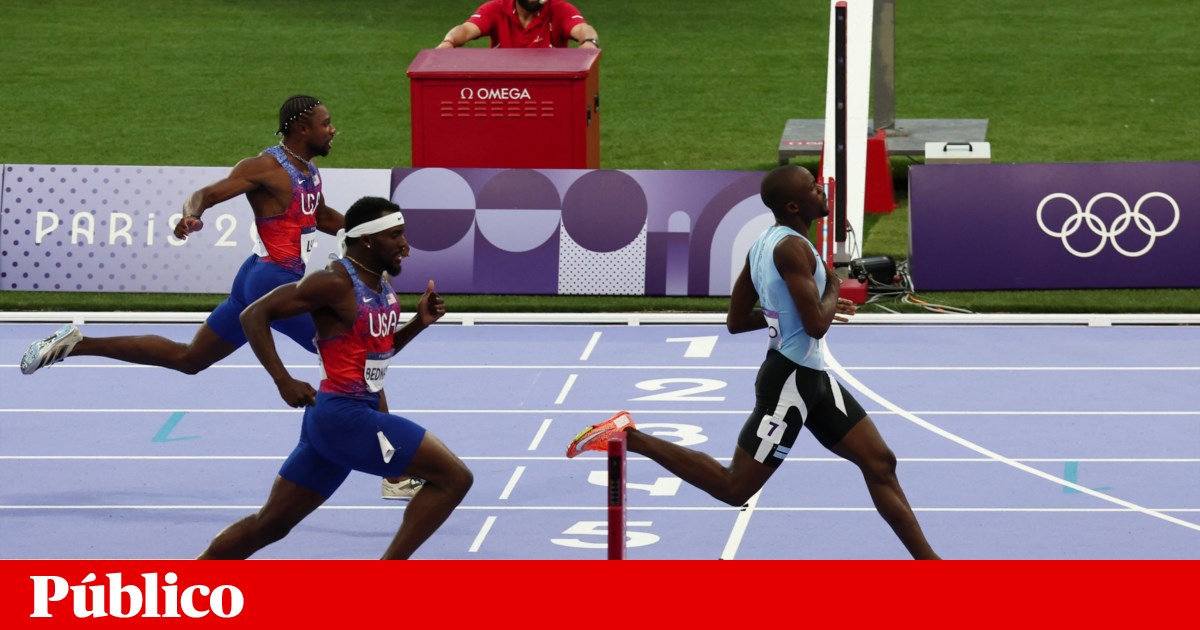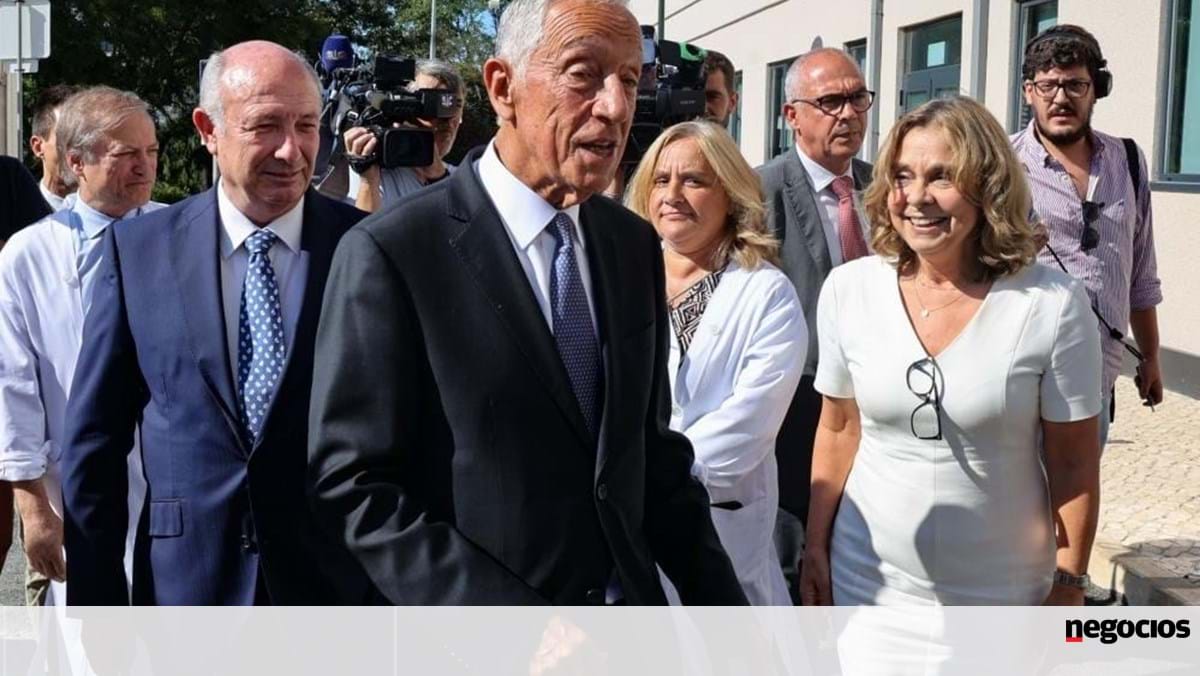Beware of early favoritism and premature declarations of victory. When all eyes were on Noah Lyles and the possibility of joining the list of double Olympic sprint champions that includes Jesse Owens, Carl Lewis or Usain Bolt, a young African named Letsile Tebogo stole the show and snatched the spotlight from the North American sprinter. He won the Olympic 200-meter title, becoming the fifth-fastest man ever, with a time of 19.46 seconds. Lyles, who had declared himself the king of speed after winning the 100-meter, dropped to third (19.70 seconds), behind another American, Kenny Bednarik (19.62 seconds).
The semi-finals had already suggested that something like this could happen. In his specialty race, Lyles didn’t have the fastest time (he was third), but that’s not unusual in these big competitions – the favourites keep themselves within reason. The young African took the opportunity to take control of the “socks”. Was that enough to raise doubts? Was Lyles saving resources? Did Tebogo give it his all? The final would remove all doubts.
Unlike the 100m, this race did not require a “photo finish” to determine the winner. From lane seven, Tebogo quickly took the lead and it was a duel between him and two Americans. Lyles’s finishing speed was lacking, and Tebogo was a clear winner, as was Bednarek, who repeated his position from Tokyo. While Botswana’s first Olympic champion celebrated, Lyles received medical attention – and left the Stade de France track in a wheelchair.
Tebogo is not exactly a household name, but he is a relatively new presence at the highest level. He came into the 2023 World Championships in Budapest in a strong fashion, taking silver in the 100m and bronze in the 200m, setting a good precedent for these Paris Games. He reached the 100m final in a new personal best (9.86s) that put him sixth, and he moved up a level in the double hectometer with a new African record mark that makes him the fifth fastest man ever – one. Among those ahead of you in that final was Lyles, the others being Usain Bolt (with a world record of 19.19s), Yohan Blake and Michael Johnson.
While everyone else quietly entered and greeted the crowd, Lyles was the usual “showman,” running, jumping and interacting with the crowd. He looked full of energy, but that wasn’t the case, neither during nor after the race. It wasn’t long before it dawned on him what had happened. The hectometer champion had tested positive for Covid-19 (that was the explanation Team USA gave) and his presence in the 4x100m relay on the final day of athletics at the Games was seriously compromised.
Lyles confirmed after the final that he ran knowing he was injured. “I woke up in the middle of the night with chills, pain and a sore throat. I got tested and it was positive and I went into quarantine. I took all the medications legally possible because I wanted to run, and it was still possible,” said the North American, who insisted that failing in the final was out of the question. “I was going to compete anyway. I knew I had to give it my all from the start.” “Only if I didn’t make the final.”
Register for Sydney
The 200m final, however, would not be the most interesting or exciting of the night. In the women’s 400m hurdles, a duel between Sydney McLaughlin-Levron and Femke Bol for the gold medal was expected, the North American Olympic champion against the Dutch world champion. But it was no duel. McLaughlin-Levron launched herself from the blocks, vaulted over the hurdles during a lap of the track, and when she reached the finish line, she had broken the world record of 50.37 seconds, shaving a large chunk off her previous mark, which was also her own (50.65 seconds).
It’s just that Paul didn’t even come close, and didn’t get the silver. Between the two competitors was another North American, Anna Cockerill, who also ran the race of her life (a personal best of 51.87 seconds, more than a second behind the winner), and the Dutch arrived only later, in a pleasantly modest time for what she was used to (a personal best of 50.95 seconds).
The 400m hurdles world record wasn’t the only thing that happened in this session at the Stade de France. The javelin final featured a duel to the last throw between representatives of two disciplines more common in hockey or cricket than in athletics: Pakistan’s Arshad Nadeem and India’s Neeraj Chopra.
Nadeem, the 2023 world runner-up, won gold with a stunning Olympic record of 92.97m, while Chopra, who was defending his Olympic title in Tokyo, only managed one valid throw, 89.45m, enough to take silver. After watching the rivalry up close, Anderson Peters of Grenada took bronze with a throw of 88.54m.

“Food fanatic. Organizer. Hipster-friendly tv specialist. Avid reader. Devoted web ninja.”

